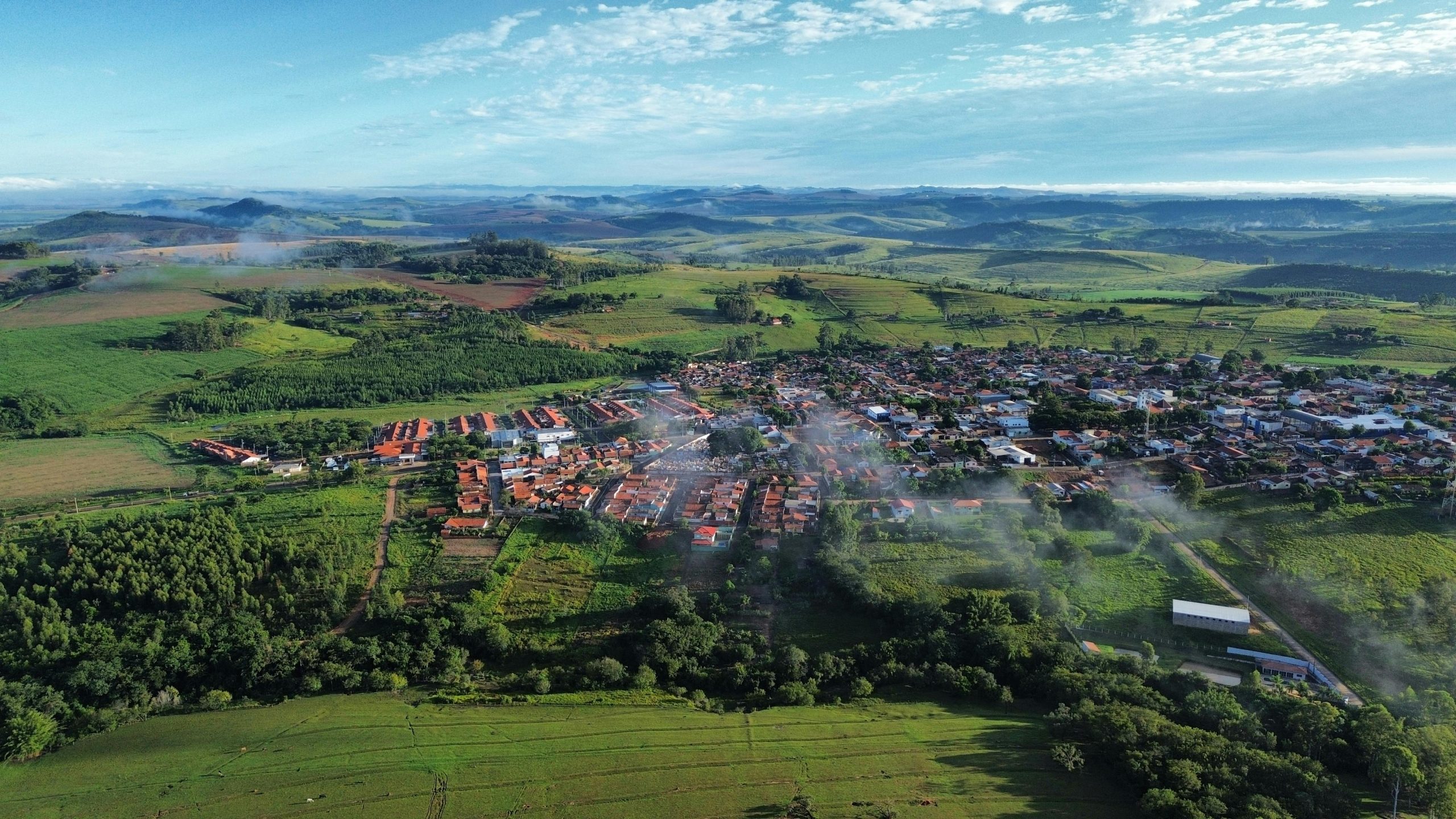The American retail landscape differs significantly between urban centers and rural communities. While large national chains dominate cities and suburbs, the unique needs and lower population density of rural areas support different types of stores, some of which are rarely found elsewhere. These establishments cater to agricultural lifestyles, offer essential goods where options are limited, or serve as vital community hubs. While not strictly exclusive, here are six types of stores frequently associated primarily with serving rural populations.

1. Farm Supply Stores
Chains like Tractor Supply Co. and Rural King are fixtures in many rural communities across the country. These stores cater specifically to the needs of farmers, ranchers, and those with larger properties. They stock items like animal feed, livestock equipment, fencing supplies, workwear, tractor parts, and gardening tools – products less commonly sought after by urban dwellers. Their focus on the “out here” lifestyle makes them essential resources outside of major metropolitan areas.
2. Small Independent Grocery Stores
In many small towns, the local independent grocery store is the primary, if not only, place to buy food staples. Unlike large chain supermarkets, these stores operate on a smaller scale, offering a curated selection of essential groceries, produce, and perhaps a meat counter or deli. They often serve as important social centers and provide vital access to food in areas considered “food deserts” by larger retailers, filling a crucial community need where chains won’t locate.
3. General Stores

Image Source: Pexels
The classic “general store” model, offering a wide mix of merchandise under one roof, persists in many rural settings. These stores might sell a combination of basic groceries, hardware, feed, clothing, hunting/fishing supplies, and convenience items. They function as one-stop shops for residents who might otherwise face long drives to access different types of retailers, embodying convenience and community connection in sparsely populated regions far from shopping centers.
4. Certain Dollar Store Formats
While dollar stores are widespread, chains like Dollar General have strategically focused much of their massive expansion specifically on small towns and rural communities. Often, they become one of the few national retail options available in these areas. They provide low-cost access to packaged foods, cleaning supplies, health and beauty items, and basic household goods, filling gaps left by other retailers and becoming a defining feature of modern rural retail.
5. Local Hardware Stores & Co-ops
Beyond the big-box home improvement giants often found in suburbs, smaller towns frequently rely on long-standing local hardware stores or agricultural cooperatives (co-ops). These stores often provide more specialized tools, repair parts (especially for farm equipment), and localized expertise compared to larger chains. They foster strong community ties and cater specifically to the practical needs of rural homeowners and agricultural businesses who value specific knowledge.
6. Feed and Seed Stores

Image Source: Pexels
Distinct from broader farm supply stores, specialized feed and seed retailers focus narrowly on agricultural inputs essential for farming. They provide specific types of animal feed in bulk, various seeds for farming and gardening, fertilizers, and related agricultural supplies. These stores directly serve the farming community and are typically located in agricultural areas rather than general population centers, playing a vital role in supporting local food production.
Retail Tailored to Rural Life
The types of stores thriving in rural America reflect the unique needs and lifestyles of these communities. From providing essential groceries and farm supplies to serving as community gathering points, these retailers fill niches often overlooked by large national chains focused on high-density population centers. While facing challenges like competition from dollar stores and online retail, these rural-focused establishments remain vital parts of the economic and social fabric outside major cities, offering necessary goods and local connections.
Read More
These 6 Stores Are Quietly Winning Over Shoppers in the South


